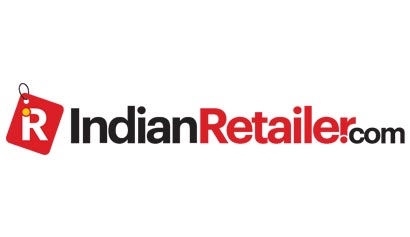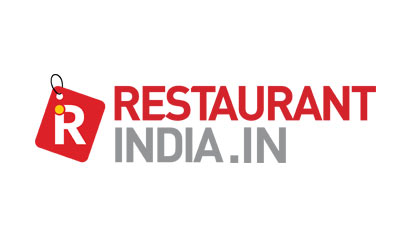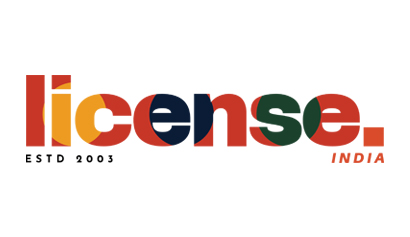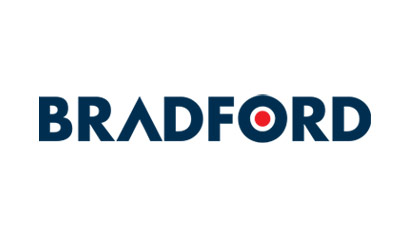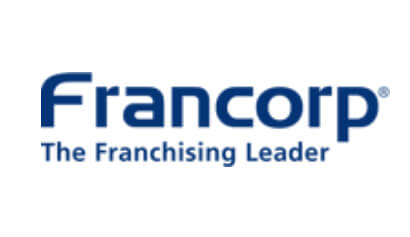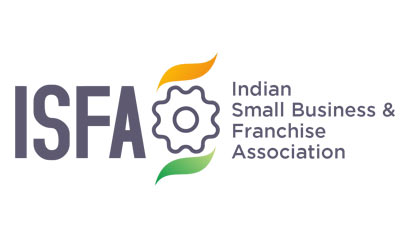To get access to over 10000+ Franchise Business Opportunities.
Network with the growing Business Community to get expert interventions to let you learn to Grow & Expand your Business with Franchising.
The low-cost segment has various options under its kitty to choose from. One of the most popular up for grabs is the Food and Beverage (F&B) franchise. Yes, belying expectations, there are low-cost formats in F&B sector too.
The low-cost segment has various options under its kitty to choose from. One of the most popular up for grabs is the Food and Beverage (F&B) franchise. Yes, belying expectations, there are low-cost formats in F&B sector too.
WITH the emergence of malls, growing number of educational and corporate houses allowing kiosks to be set up insides the premises and the ever growing need for such models, Food & Beverages have made an entry though various means in small low-cost formats. Kiosks have been a huge success recently, as they are easily visible and accessible, offer instant service and can be opened anywhere and it's low-cost. Its unique shapes and sizes entice a customer to try something new and also offers a chance to the company to try new and different formats to serve the customer before going in for a bigger format.
Whether it is the franchisee or the franchisor, both try a low-cost format before getting into something big. As per Zoher H. Khorakiwala, Chairman and Managing Director, Monginis Foods Pvt. Ltd, India, “Economies of scale play a major role in all areas of business. Similarly, we follow a retail model as against a sit-in, which helps in compressing operating costs per sq.ft of the retail space.”
For companies like Amul, such concepts have actually made their expansion easier, offering products like milk, ice-creams, chocolates, butter, etc. Amul has audience in a bigger format at various places like residential areas, railway stations, educational institutions and markets. Offering services on a bigger scale needed a low-cost format, which doesn't hurt the pocket of the franchisee, thus making the expansion easier.
According to R.S. Sodhi, Managing Director, Amul, “Any individual with a retailing space of about 150 to 300 sq.ft at suitable locations can become our franchisee. The total investment is a modest Rs 1.5 lakh for Amul Preferred Outlets and Rs 4 lakh for Scooping Parlours.”
Business potential
In a low-cost business, the entry and exit barriers are low. Investors get an opportunity to test the concept and also scale it up if it suits their style of business. Coffee Day Express presently has 900+ outlets. Average footfall is an average of 300 per kiosk per day. Out of 500+ franchised outlets, we have 230 individual franchisees, out of them around 130 are multi-unit franchisees. Monginis has 521 exclusive cake shops pan India that on an average, gets 125 footfalls per day.
Flip side
GCMMF has an extensive distribution network across more than 2,000 towns of the country. Thus, the only role of the franchisee is to set up space and equip the outlet. The equipments required are just deep-freezer and visi-cooler, which make it a very low-cost proposition. “High cost business naturally excludes many prospects who might have a required talent but cannot qualify just because they do not have the required capacity to invest. On the contrary, in low-cost business, choice of selection becomes wider,” informs Khorakiwala.
Puja Mahajan, Director, YUMYUM DIMSUM, says, “A big drawback is people's perception of return on investment. An RoI of 30-40 per cent in any business is considered excellent. But because 30-40 per cent RoI on Rs 1 lakh investment translates into Rs 30,000-40,000 per annum, the franchisee finds the quantum of return frustrating and after some time, starts neglecting the business.” This neglect gets magnified manifold in case of a food business, where quality concerns are of paramount importance.
Franchisability
Operating the business is easier if you take up a franchise. As per Sodhi, “The business models of APOs and Scooping Parlours are quite simple. They procure packed Amul products from our distributors and retail it to the consumers. Scooping parlours also sell recipe based ice-creams like Sundaes apart from the packed products. The preparations are done as per the standardised practices adopted by Amul.”
Expansion
Most of the low-cost franchise models are looking at expanding at places like corporate hubs, institutions, hospitals, malls, railway stations, airports, etc. Reveals Sodhi, “We are planning to add another 5,000 outlets in the next year and take our APO count to 10,000. Our 10,000 outlets would include 1,000 Scooping Parlours. We are already operating 350 such parlours across the country. These Scooping Parlours would be mainly focused on high streets and upscale urban localities. The majority of our franchisees would continue to be a pan-India phenomenon with focus on towns having a population of more than 20,000.”
According to A.G. Puttaraj, President, Coffee Day Xpress, “We plan to open 20 to 25 outlets every month. We are targeting all metros majorly but expansion is also happening in B & C grade cities.”
Crepeteria, an emerging player in the fast food segment, is targeting Mumbai, Pune, Bangalore, Delhi and NCR for expansion. Rasna International has around 200 stores and shall add 100 by the end of March 2011.
Exit option
Though Amul has not explored the exit options so far, it allows change of ownership. In Coffee Day Xpress, franchisee has an option for transfer after two years of taking up the franchise. On the other side, Crepeteria helps the franchisee find potential buyers. A Monginis franchisee gets himself a buyer either from his known sources or from amongst one of the franchisees.


Business Opportunities
Browse By Investment Range
Browse By States
Popular Cities
We value your privacy.
You can unsubscribe anytime





